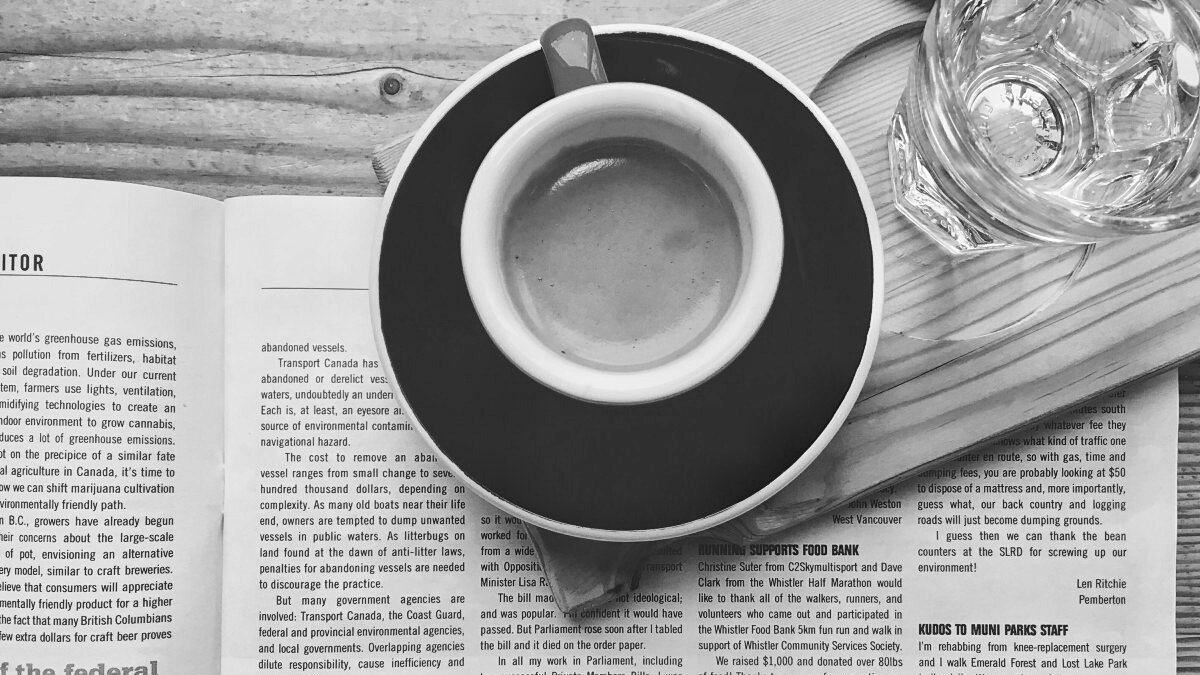
It’s back! After a several month hiatus, during which time I moved countries and changed jobs and also took a much-needed break from regular posting, the Coffee News Roundup returns.
A lot has happened since July, and I thought about doing a refresher article, but a lot also happened just this past week, so we’re going to dive right in.
Starbucks Faces Expansion of Labor Union Drive Beyond New York - via Reuters
After employees at six Starbucks stores in Buffalo, New York, announced plans to unionize this summer, it seems the drive is heading west with workers at a store in Mesa, Arizona, now also declaring their intention to form a union.
Eligible employees at three of the Buffalo locations are already voting on whether to join Starbucks Workers United, an affiliate of the Service Employees International Union. The company has filed for postponements with the National Labor Relations Board, and wants all 20 Buffalo stores to vote at once (a move which tends to favour employers). Organizers, meanwhile, have accused Starbucks of intimidation, surveilling of workers, and in one case firing a whistleblower, and have filed a complaint with the NLRB.
With no unions at any of its 8,000 US stores, Starbucks has been fighting this latest drive by touting its relationship with its “partners”, and busing in managers and executives—including, in one awkward case, Howard Schultz—to tamp down on pro-union sentiment. The company, which reported sales of $29 billion in its 2021 fiscal year, recently announced that it would be raising pay for all US workers.
In a letter sent to Starbucks Chief Executive Kevin Johnson regarding the unionization push in Arizona, the employees leading the drive say they are doing so "because we believe that this is the best way to contribute meaningfully to our partnership with the company" and in order to gain more power for workers.
Starbucks, meanwhile, has “committed to listening” but, as with its Buffalo stores, insists that the best way for workers to be heard is to communicate directly with the company—something that New York Magazine calls “a typical bit of union-busting rhetoric”.
The Buffalo votes are due to be counted on December 9, so we shall see what happens—and whether this unrest spreads to other stores.
Arabica Coffee Prices Are the Highest in Almost a Decade - via Yahoo! News
The commodity price for coffee has almost doubled since last year, and is now reaching highs not seen in nearly a decade. This rise is the result of a tangled web of supply-side issues including drought and frost in Brazil, impacts from the COVID-19 pandemic, shipping delays, and on and on.
“The supply-chain stress is at unprecedented levels. We have never faced so many adverse factors at the same time,” one consultant told Bloomberg. “This is quickly turning into a crisis.”
The combination of drought and frost in Brazil means the 2022 harvest is in doubt; India’s production has been hit by rain; plus, shipping has been hugely affected by the pandemic, with port bottlenecks and container shortages meaning shipments usually taking 30 days are now more like 100—and costing a lot more.
While the increase in the commodity price can superficially be seen as “good news” for producers, who can currently command a far higher rate for their coffee, this meteoric rise is not sustainable.
As Sprudge notes, “Unfortunately, once—or perhaps if—these mitigating factors begin to normalize and the coffee supply rebounds back to stasis, the prices will again plummet.”
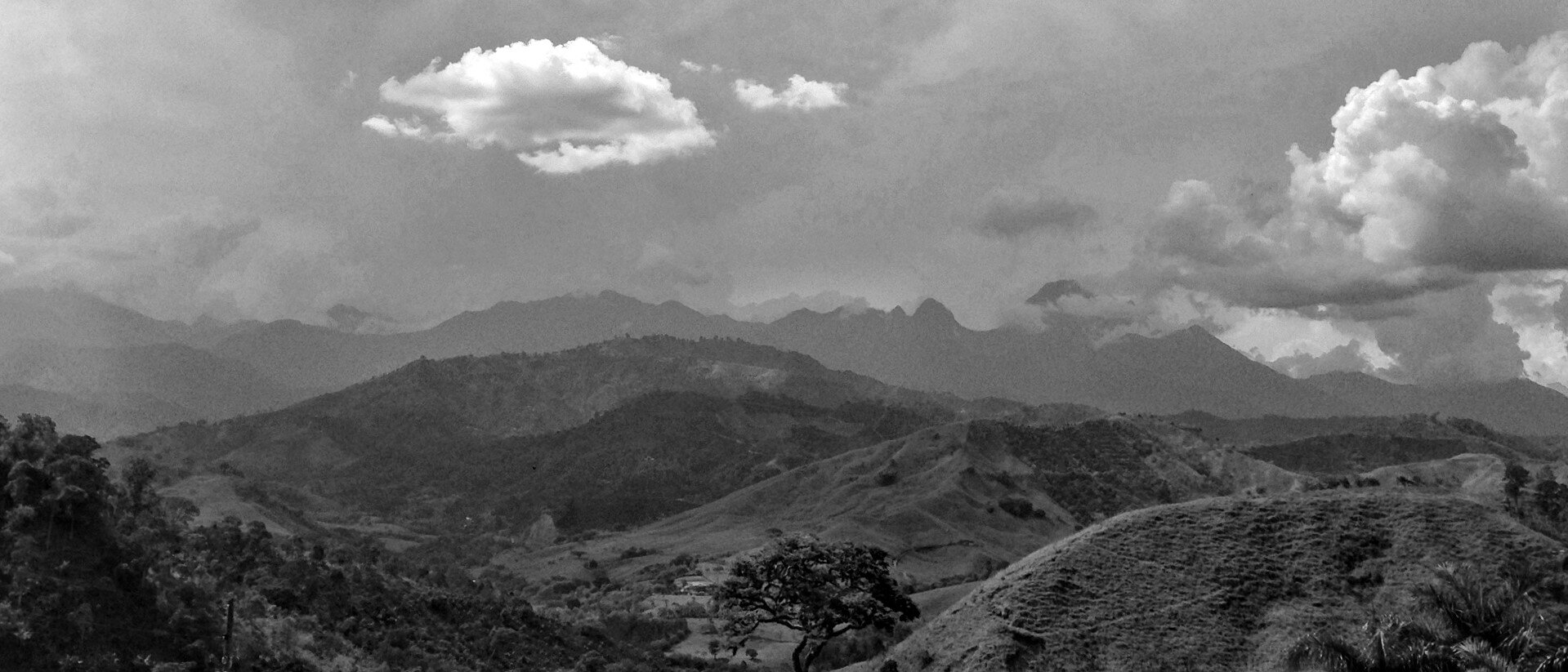
More Headlines
Century-Old Italian Roaster Morettino is Growing Coffee in Sicily
Veteran Owned Black Rifle Coffee Company Set to Go Public With $1.7B SPAC
Coffee and the Climate Crisis
It’s pretty well established that the climate crisis has a huge impact on coffee production—climate change-fueled droughts, hurricanes, wildfires and heavy rainfall all impact on the amount of coffee grown and harvested each year.
Now, new research has shown that it’s more than just yields—climate change also affects how coffee tastes. Researchers found that coffee quality was affected by altitude and increased light exposure, as well as changes in temperature, carbon dioxide levels, and how much water the plant receives.
As Daily Coffee News notes, “The findings have implications for consumers who prefer higher-quality coffees, farmers and producers who rely on both volume and quality for income, and every other actor in the seed-to-cup nexus.”
Meanwhile, the European Union plans to ban the import of coffee and other agricultural commodities linked to deforestation under “landmark legal proposals that attempt to help prevent the felling of the world’s great forests.”
The EU will force companies to prove that products such as coffee, palm oil, beef, and cocoa were not linked to deforestation of any kind—not just illegal logging. Between 1990 and 2008, consumption from the EU was responsible for 10% of global deforestation, according to estimates.
The Week in Corporate Coffeewashing
Starbucks is working with dairy farmers in the UK to reduce carbon emissions, taking part in a three year pilot to “create a sustainable sourcing blueprint for dairy.” Dairy is Starbucks’ largest carbon footprint contributor, account for 22% of its global emissions.
According to the article, Starbucks will work with 14 farmers from the dairy co-op Arla to “identify new farming practices and methods that can reduce emissions associated with dairy production.” Three areas the pilot will focus on include “environmental stewardship” (what does that mean), “animal health and welfare” (sure), and “ensuring profitability for farmers” (wait, what?).
Is Coffee Good for You?
A mixed bag this week, as coffee both “could be associated with lower risk of stroke and dementia” (says CNN) and is also “linked with increased risk of ovarian cancer” according to Sprudge.
On the one hand, CNN reports that among 360,000 people followed over more than a decade, those who drank “2 to 3 cups of coffee, 3 to 5 cups of tea, or a combination of 4 to 6 cups of coffee or tea a day had the lowest risk of stroke and dementia.” To be precise, a 28% lower risk of dementia and 32% lower risk of stroke compared with those who drank neither coffee nor tea—although this data, from the UK Biobank, was self-reported.
Meanwhile, a new study published in the Journal of Ovarian Research found a link between coffee consumption and ovarian cancer. The meta-analysis, which looked at 226 studies investigating various risk factors for ovarian cancer, found “a positive correlation between coffee drinking and [ovarian cancer] risk.” The study mentions acrylamide as a possible explanation (acrylamide, remember, is a compound found in coffee that, in high enough amounts, has been shown to be carcinogenic) but it’s also worth noting that only two to four of the 226 studies examined mentioned coffee as a risk factor.
As Sprudge notes, “Given the generally positive health effects of coffee consumption and this study’s mixed findings, it is unlikely to significantly sway any person’s daily intake.”
What to Read
A Union Is Brewing At Starbucks by Sarah Jones
The Wonderful World Of Coffee Antiques by Jenn Chen
Brazil’s Coffee Harvest Hit By Drought And Frost (something I wrote for my new employers about the recent devastation in Brazil and its effect on one of our producer partners)
Until next week, drink good coffee. Let’s see if I can get back to weekly posts!
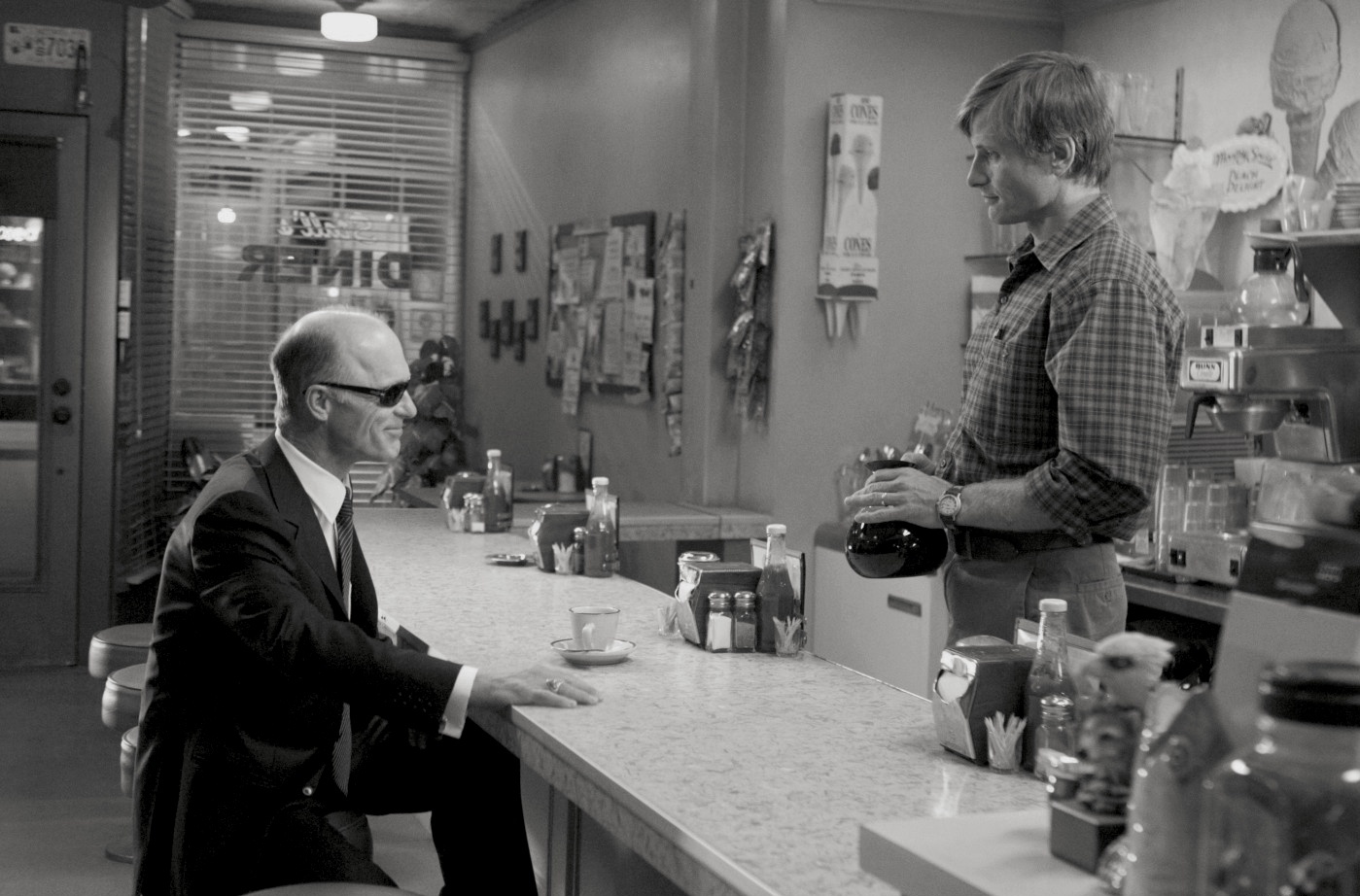
Apr 9, 2017 Coffee At The Movies Episode 6: A History Of Violence Apr 9, 2017 Apr 9, 2017
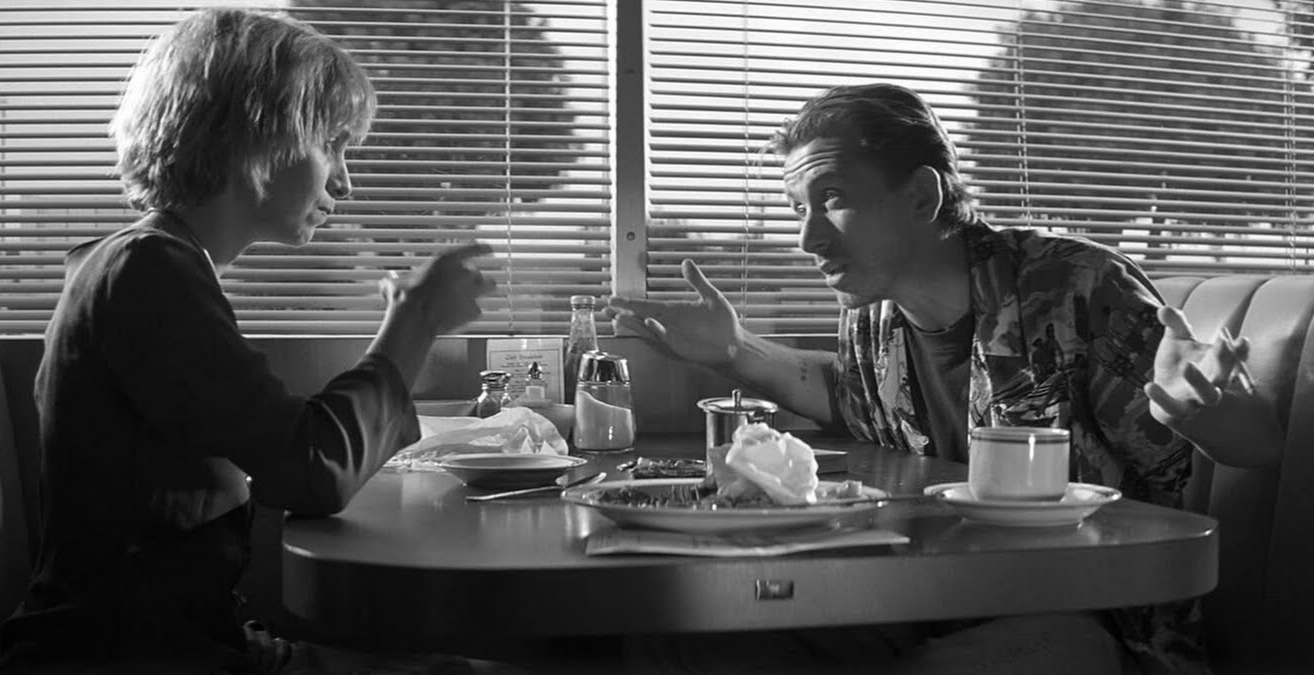
Dec 15, 2016 Coffee At The Movies Episode 5: Pulp Fiction Dec 15, 2016 Dec 15, 2016
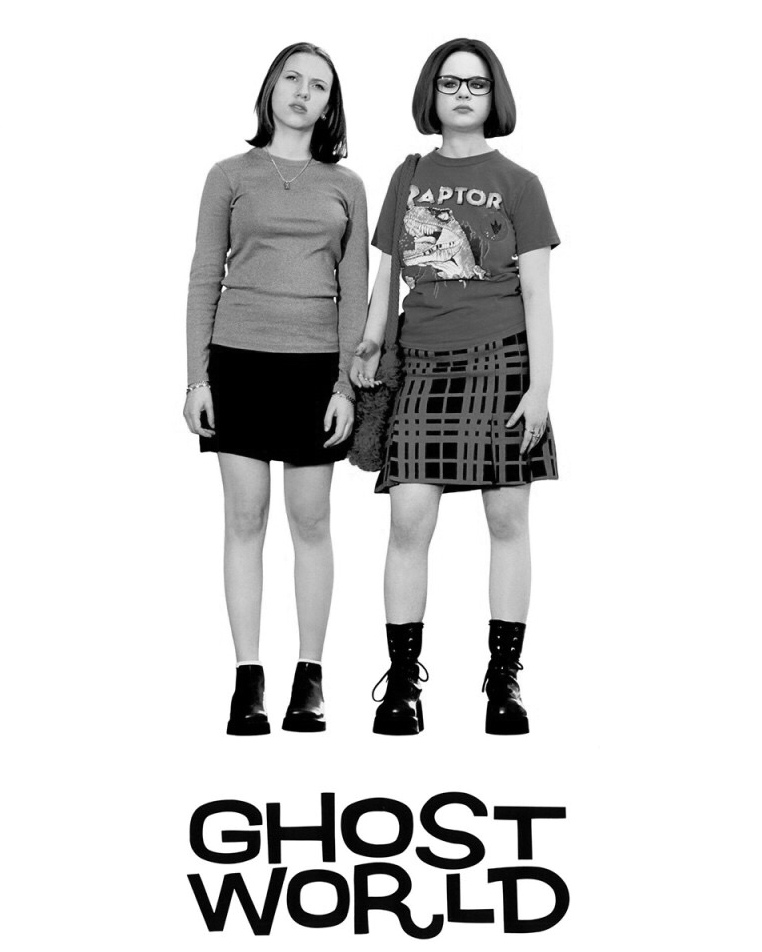
Dec 8, 2016 Coffee At The Movies Episode 4: Ghost World Dec 8, 2016 Dec 8, 2016
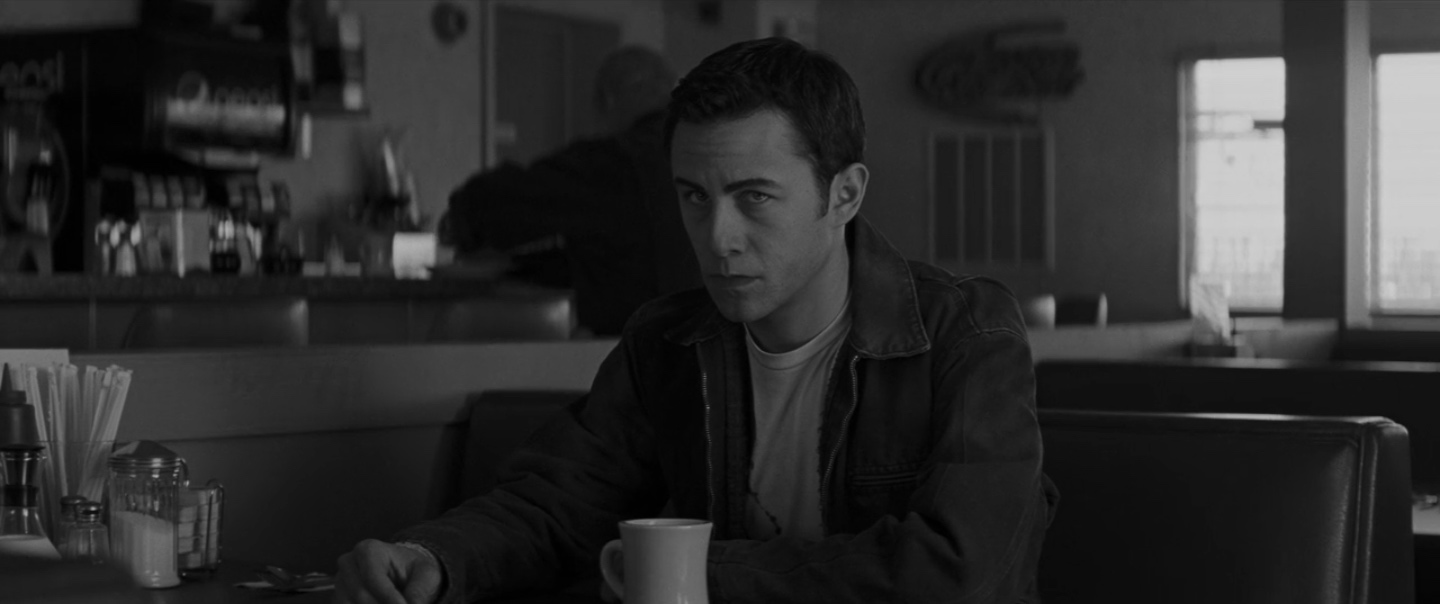
Dec 1, 2016 Coffee At The Movies Episode 3: Looper Dec 1, 2016 Dec 1, 2016
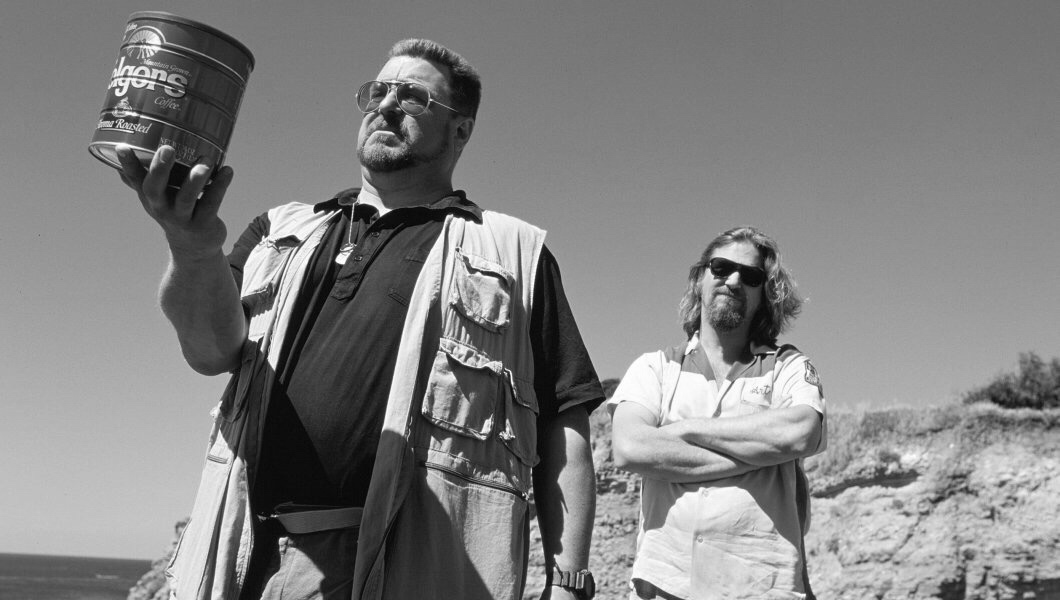
Nov 24, 2016 Coffee At The Movies Episode 2: The Big Lebowski Nov 24, 2016 Nov 24, 2016

Nov 17, 2016 Coffee At The Movies Episode 1: Scott Pilgrim Vs The World Nov 17, 2016 Nov 17, 2016






